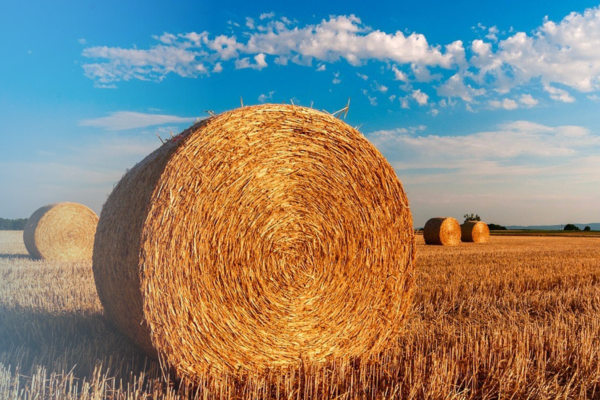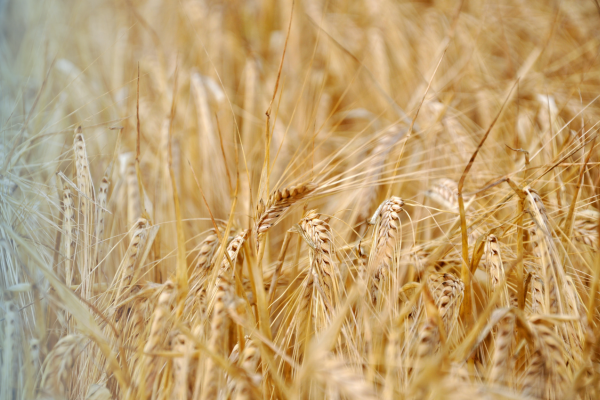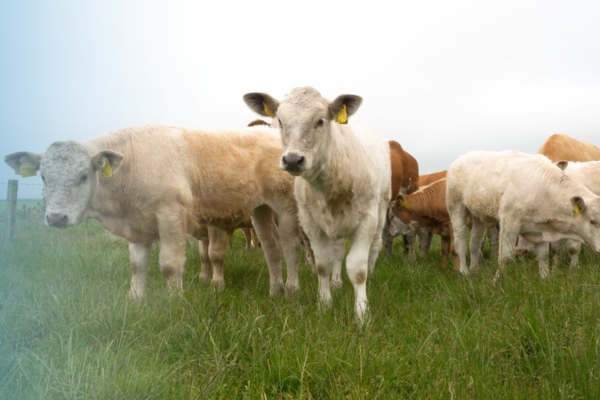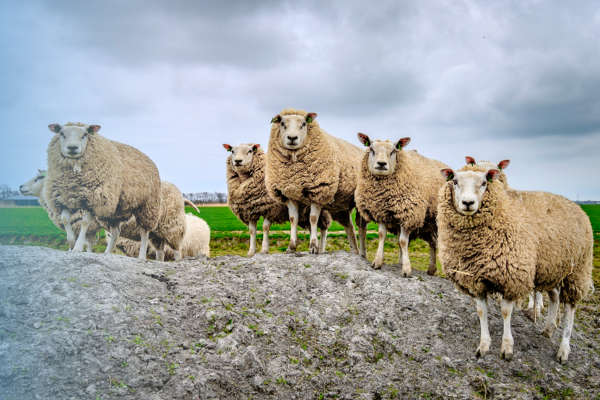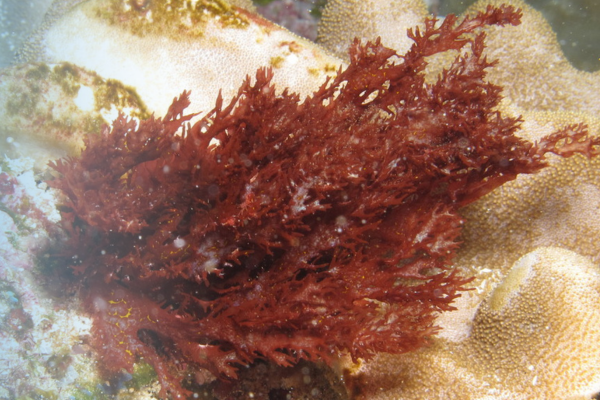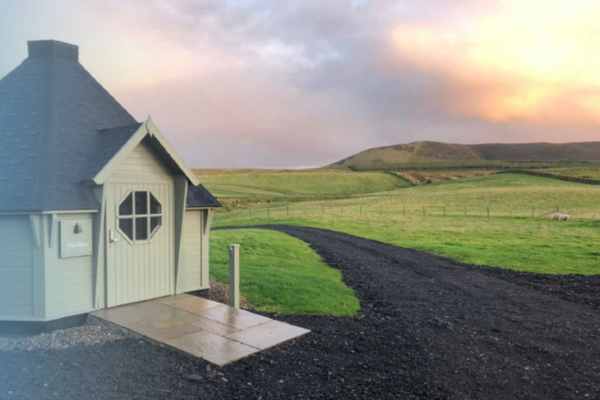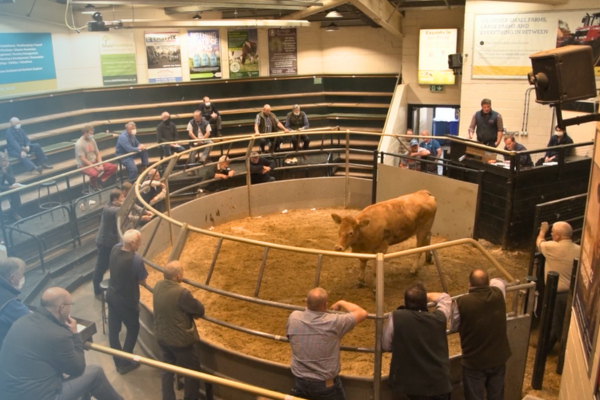Home > Publications >
Agribusiness News August 2024
Posted: Thursday, 01 August 2024
Welcome to the August edition of Agribusiness News. If you prefer to download this document click the download button.
N e w s i n b r i e f
With the opening ceremony of the Olympics disproving that that ‘the sun always shines on tv’, for those looking to enjoy the great outdoors closer to home; the Flow Country in Caithness and Sutherland has been granted World Heritage Site Status by UNESCO’s World Heritage Committee. It joins Scotland’s six existing World Heritage Sites – the Neolithic Heart of Orkney, New Lanark, The Antonine Wall, the Old and New Towns of Edinburgh, the Forth Bridge and St Kilda, recognised for both its cultural and natural importance.
Even closer to home, in this month’s Agri Business news, with harvest underway, the forecasted increase in American, Canadian, Argentinian, and Australian wheat production is expected to more than offset the anticipated lower yields in Europe; putting a downward pressure on prices.
And while UK milk prices have risen slightly since May in response to lower volumes; our Milk article highlights the staggering 13 pence per litre differential between the highest and lowest milk price as reported in the Kingshay Annual Costing report for 2023. For a 100 cow herd producing 8,000 litres per annum, that equates to a staggering potential income differential of £104,000 per annum. With this in mind, our article on viewing dairy heifers as key input into the dairy highlights the importance of ‘milk in : milk out’ when it comes to rearing productive replacement heifers.
With the OECD/FAO 2024-2033 Global Meat Outlook forecasting that high income countries, which account for 32% of total global meat consumption expected to choose quality over quantity in the coming years; our sheep article highlights the significant opportunity for Scottish meat producers to be a global player in supplying high quality proteins in a changing marketplace.
While our sector focus article on using plant extracts to reduce enteric methane highlights that tannins, essential oils, saponins and marine algae could be an important component in ruminant diets as we journey towards net zero; our diversification on a shoe-string budget article could help to boost business profitability without breaking the bank.
And finally, the reduction in the bank base rate to 5% will be welcome news to many Agri businesses.
If you would prefer to listen to our monthly articles, please follow this link: Agribusiness News Audio
Next month:
- Grazing down winter cereals
- Pig Update
This month’s editor:
Christine Beaton

